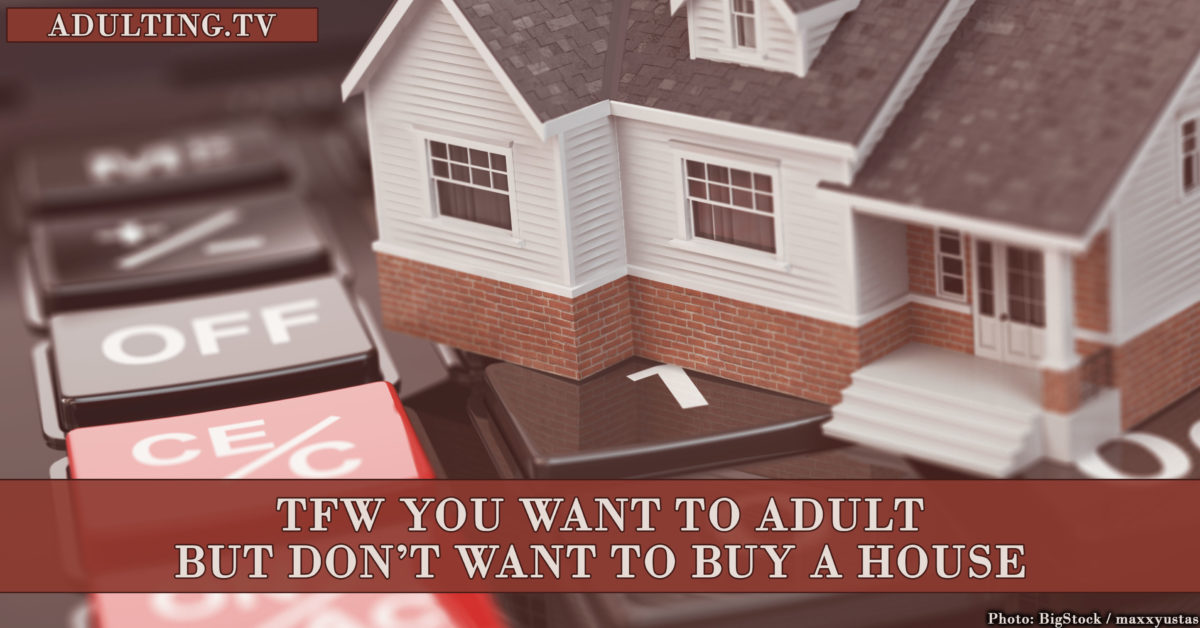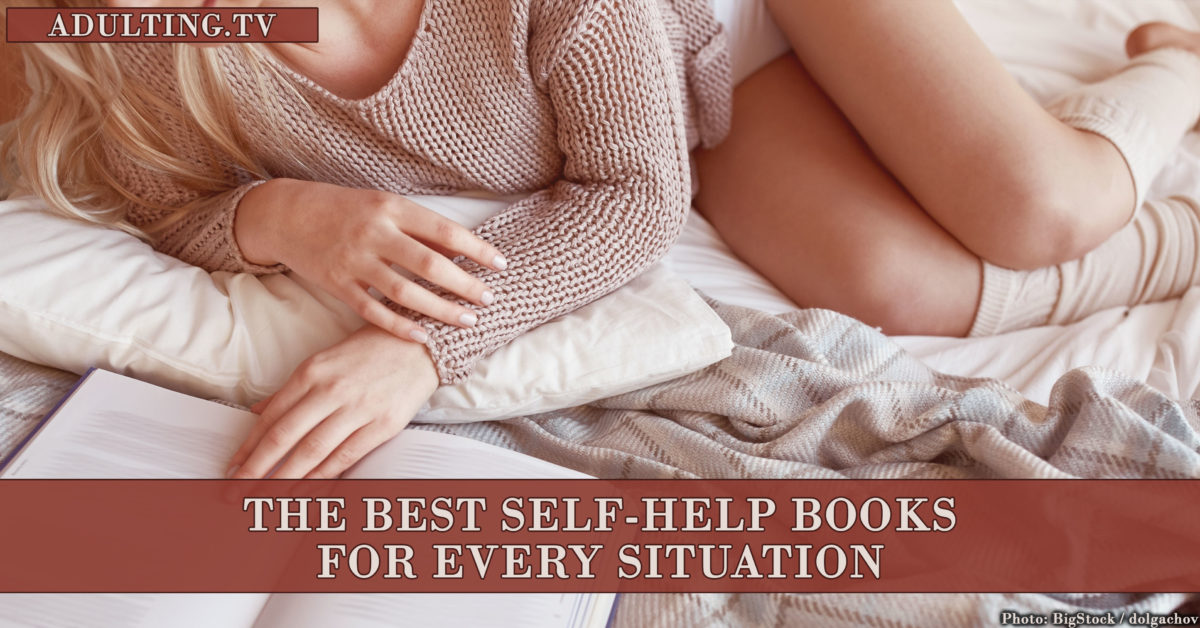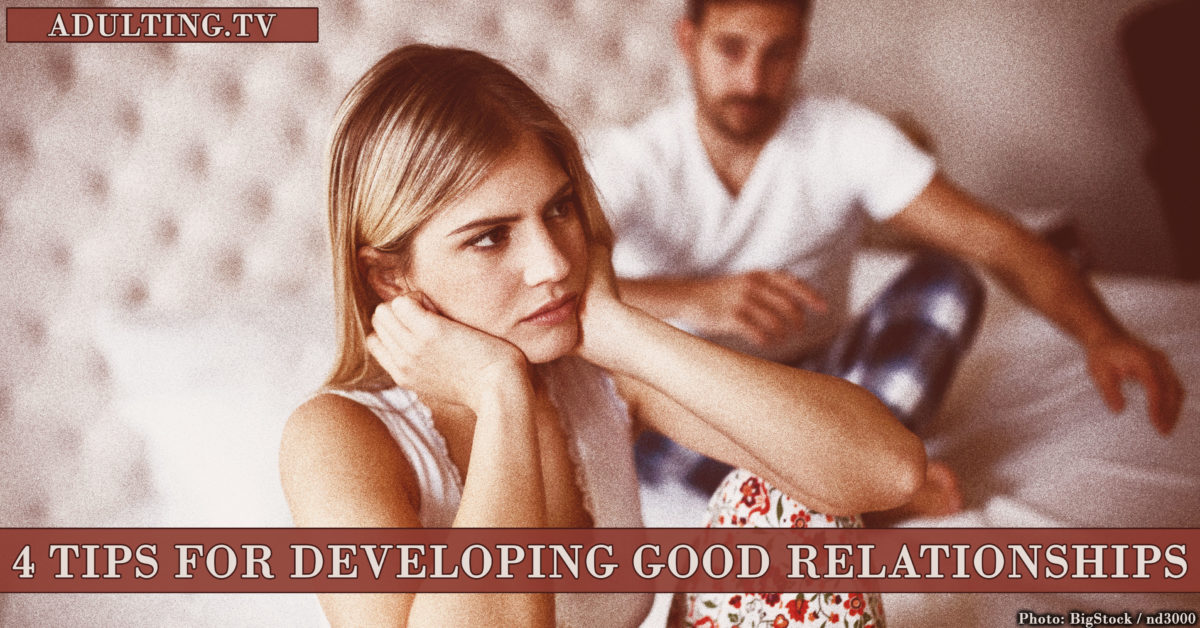When it comes to the game of adulting, buying a home is often seen as the final challenge. It’s easy to think that once you own a home, your peers will admire you, your parents will respect you, and the Adult Club certificate will arrive in the mail shortly after.
Maybe buying a home was the final step to becoming a true adult at one time, but things have changed. The barrier to entry is much higher, with rising home costs, stagnating salaries and a general frustration with the intense home buying process.
If you have no interest in owning a home, you’re not alone: according to a recent survey from Experian, consumers who aren’t planning to purchase a home in the next 5-10 years have increased by 8% in the last year.
The truth is, buying a house just isn’t all it’s cracked up to be. Here’s why.
It’s time-intensive.
Owning a home isn’t just a financial decision. It’s also a question of how you want to spend your time. Do you want to devote your weekends to picking tile patterns, installing a new garbage disposal or fixing the broken toilet?
You might think it’s a joke that all homeowners spend their free time fixing something around the house, but those stereotypes exist for a reason.
When my pipes get clogged or the gutters get full, I don’t have to worry about taking care of them. I call my landlord, who fixes the problem himself or hires someone else to do it. I don’t have to decide if I want to replace the pipes now or wait a few years.
It limits your options.
Most financial experts say you shouldn’t buy a house unless you’re willing to stay there for at least five years, since that’s how long it takes to see a profit on your investment. That’s partly why people equate buying a home with settling down and starting a family. It’s something you only do when you’re prepared to be somewhere for the long haul.
Owning a home and having a mortgage makes it harder to take a job across the country, to start your own business, or to travel the world. Buying a house doesn’t make sense if you’re the type who’s always dreamed of living abroad or being a digital nomad.
My then-boyfriend and I considered buying a home a few years ago, but now I’m glad we didn’t. Instead, we moved to Colorado where we’ve continued to rent. If we had owned a house, it would have been harder to quit our jobs and move across the country.
It can lead to financial ruin.
Most people assume that buying a home is a decision that every real adult makes when they can afford to. If you have a good job and decent salary, you can afford to buy a house. Many people say it’s the best investment you can make, but it can also be the worst.
Becoming a homeowner ties you to a property in a way that a lease doesn’t. If you’re a renter who needs to downsize, you can get out of your lease early, rent out a spare room, or list your place on Airbnb. Most leases are only a year long, and no one can force you to live there after your lease runs out.
A house is different. Until you find a buyer, you’re stuck with the mortgage, property taxes, and insurance payments. It took my parents four years to sell their house after the Great Recession because of declining home values and high unemployment rates. In the end, they sold the house at a $20,000 loss.
Buying a home isn’t always cheaper, even when the mortgage payment is less than what you’re currently paying for rent. For example, renters insurance is about $10-$15 a month, but homeowners insurance is closer to $60-$100 a month.
Utilities can also be more expensive, especially if your landlord pays for your heating, electric and water bills. If you dive in unprepared, those extra costs could leave you struggling to make mortgage payments and headed down the road to disaster.
What to do instead.
If you don’t want to buy a house now, but anticipate being a homeowner at some point, it’s still a good idea to start saving for a down payment. A basic mortgage requires a down payment between 3.5% and 5% of the asking price, and many experts recommend putting at least 20% down to avoid extra insurance fees.
Start by making automatic transfers to a separate savings account, as much or as little as you want. I wish I had done this years before I was ready to own a house so I’d already have a nice nest egg. Instead I’m saving aggressively, forced to cut expenses, and live on a shoestring budget.
If you decide to never buy a home, you can use that money for a vacation, another deposit into your retirement account, or a new car. You can even use the money to fund your rent indefinitely. If you do want to become a homeowner, you’ll already have a down payment, so it’s a win-win.
Have you decided to opt-out of the home buying experience? We’d love to hear about it in the #Adulting Facebook community.










